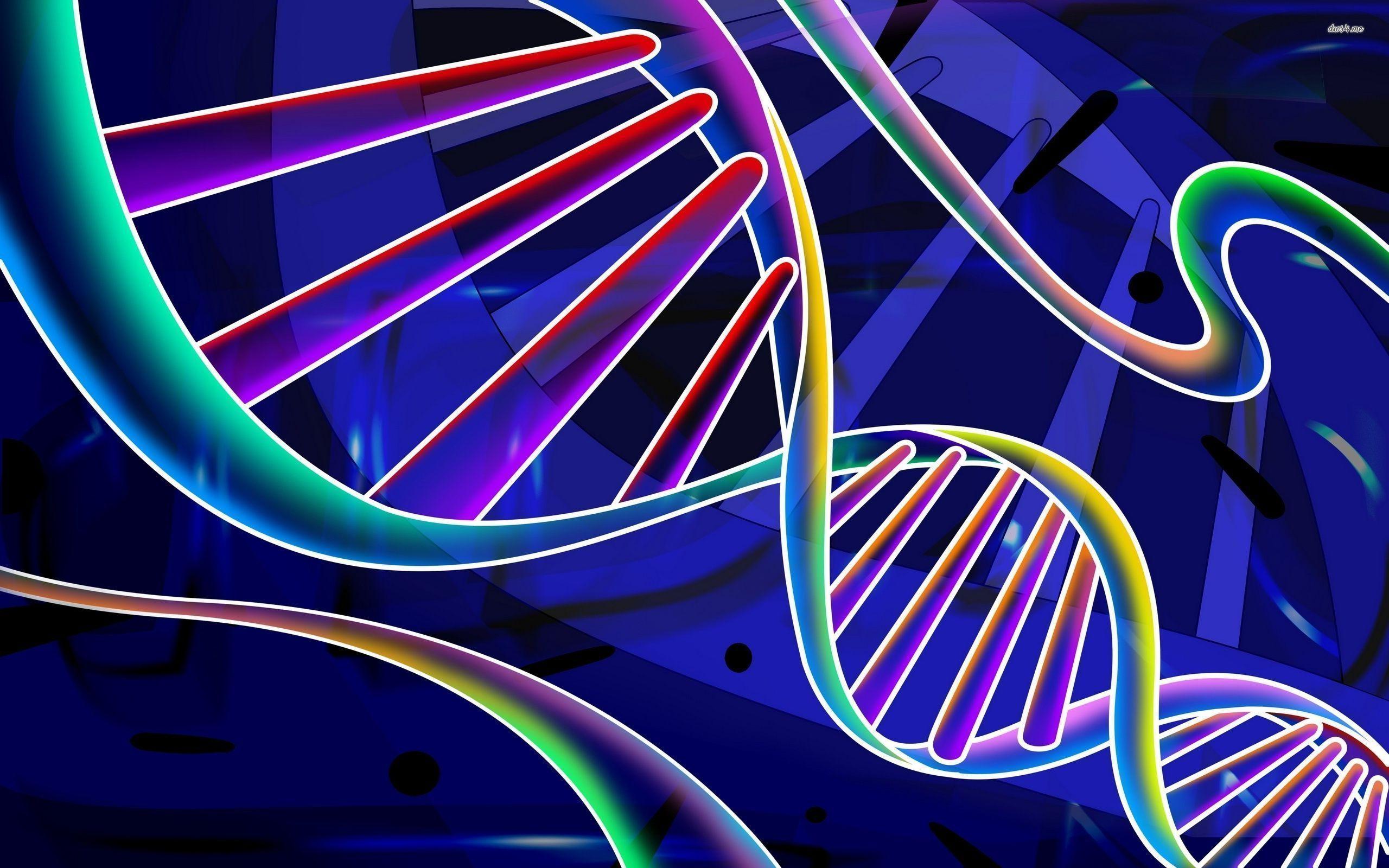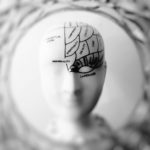Have you noticed that when you get stressed, frustrated or upset you may also get headaches, an upset stomach or sore and aching muscles. The tension and stress we feel can create psychosomatic illnesses. This is a type of illness that is caused or aggravated by psychological factors. Your thoughts or emotions, if negative or upsetting, can express themselves through physical ailments like ulcers, bowel problems, stomach disorders, migraines, muscle tension, back problems and so on.
So what we think and how it affects us really can have an effect on our physical being! In other words upsetting thoughts and feelings can and do upset the body, not just the mind. This means that when we focus on our thoughts, diet, exercise and state of being we can have better overall health and less stress and disease.
In the 1970s, a psychologist named Ellen Langer decided to try an experiment on a group of elderly men. She placed them in a retreat that resembled the 1950s complete with clothing, decor, music and movies of the time period. She then instructed the men to think of themselves as 22 year old’s living at that time. They played games, watched movies and conversed about event of the 1950s.
At the end of the study Langer found that the men showed significant improvement in their overall health and well-being. They had increased mobility, better physical function and improved cognitive abilities. The study showed how mindset was able to influence their physical health. By changing the way they thought and seeing themselves as younger, stronger and healthier they were able to overcome many of the limitations of age.
This story should help us to see that our thoughts and beliefs can have a significant impact on our health and that we have the power to change our mindset and improve our health at any time or age.
In studies done on genetics and DNA, geneticist Barbara McClintock found that “shocks” to genetic material such as those from strong negative emotions, force the human genome to restructure itself. In 2004, the National Academy of Sciences stated that major life stresses can damage DNA sections known as telomeres by making them shorter. Telomeres protect our genetic data, and make it possible for cells to divide. Each time a cell divides, the telomeres get shorter until it can no longer divide and dies or becomes senescent. This shortening process is associated with aging, cancer, and a higher risk of death.
The study which was conducted on 58 healthy women and went on to state “In summary, in healthy women, psychological stress is associated with indicators of accelerated cellular and organismal aging: oxidative stress, telomere length, and telomerase activity in PBMCs” (peripheral blood mononuclear cell). In other words feelings of stress brought on negative and detrimental effects to the DNA of otherwise healthy women. These effects over time increased the effects of aging and put them at higher risk of serious and life threatening diseases.
Accelerated telomere shortening in response to life stress
http://www.pnas.org/content/101/49/17312.long
Our body is all connected, it’s give and take. We cannot eat poorly, avoid exercise and focus on problems without suffering the consequences throughout all of our body. We are individuals made up of our mental, physical, emotional and spiritual centers. It only takes one person to change your life, and that’s YOU! How you eat, what you think, how active you are and how you feel about yourself are all vital to finding the power in you!
Points to consider:
How do YOUR thoughts about yourself and your life affect YOU!
What changes can you make today in each area of your life?
- Physical (exercise, diet, etc)
- Emotional (stress, anger, frustration)
- Mental (how you think about things. Positive or negative)
- Spiritual (Prayer, meditation, peace)
How will your choices now affect you in 20+ years?
“There are two primary choices in life: to accept conditions as they exist, or accept the responsibility for changing them” Dennis Waitley




